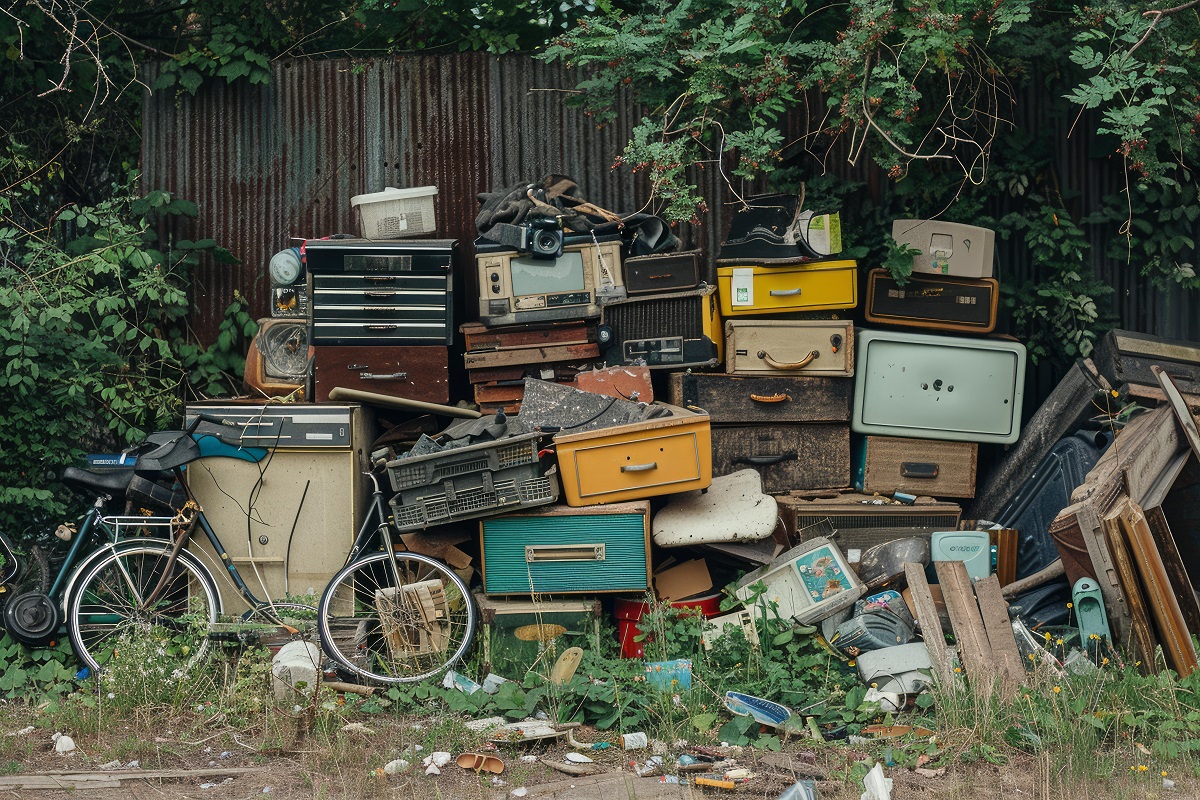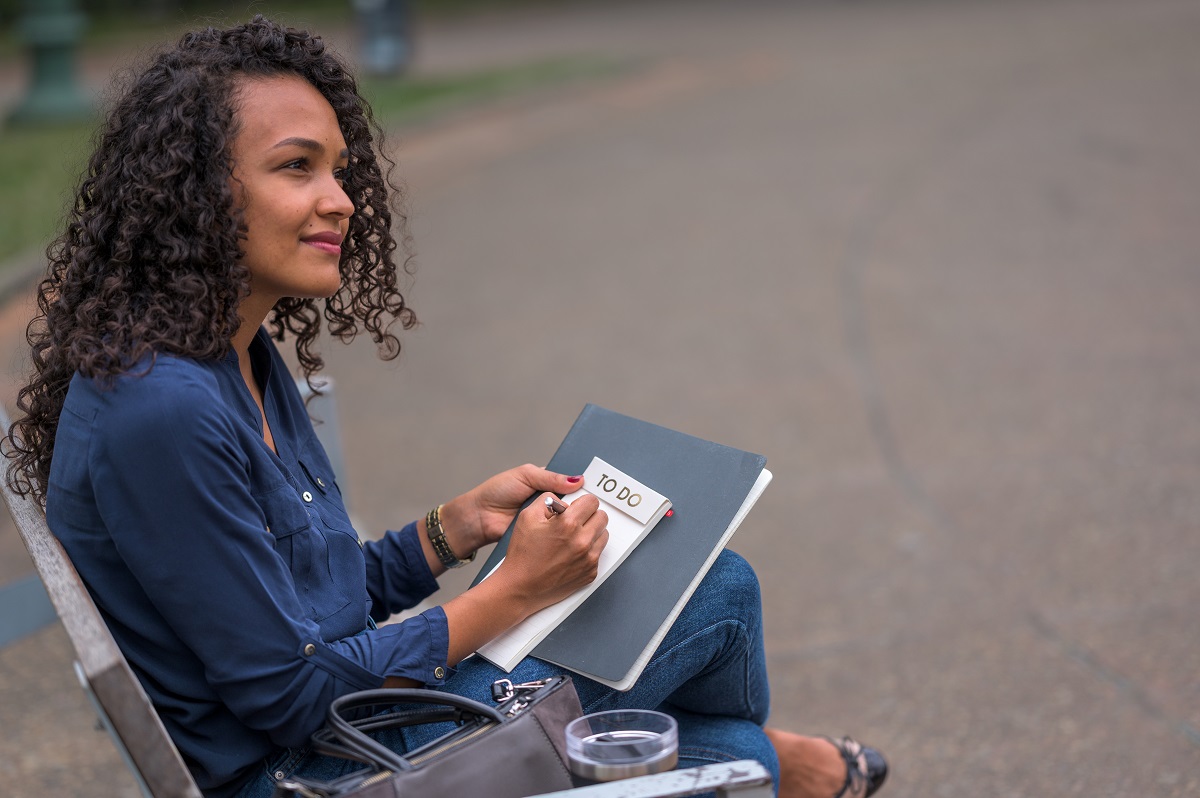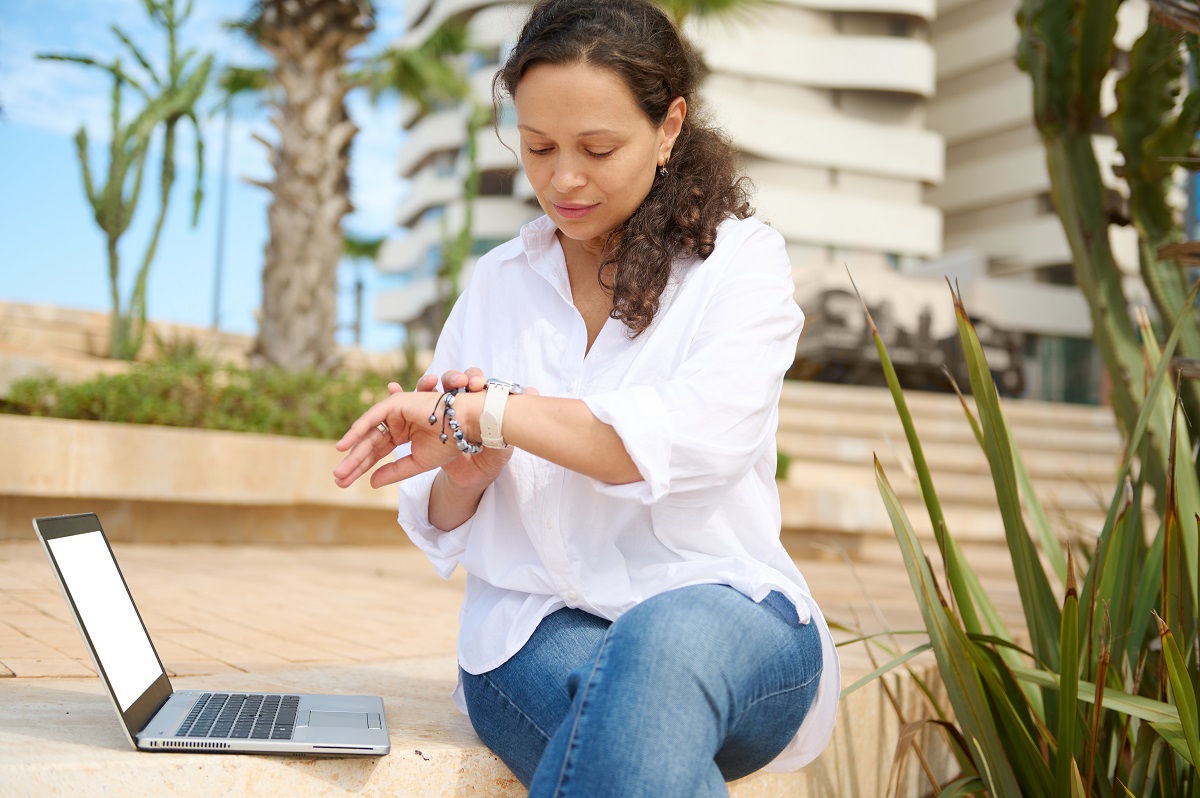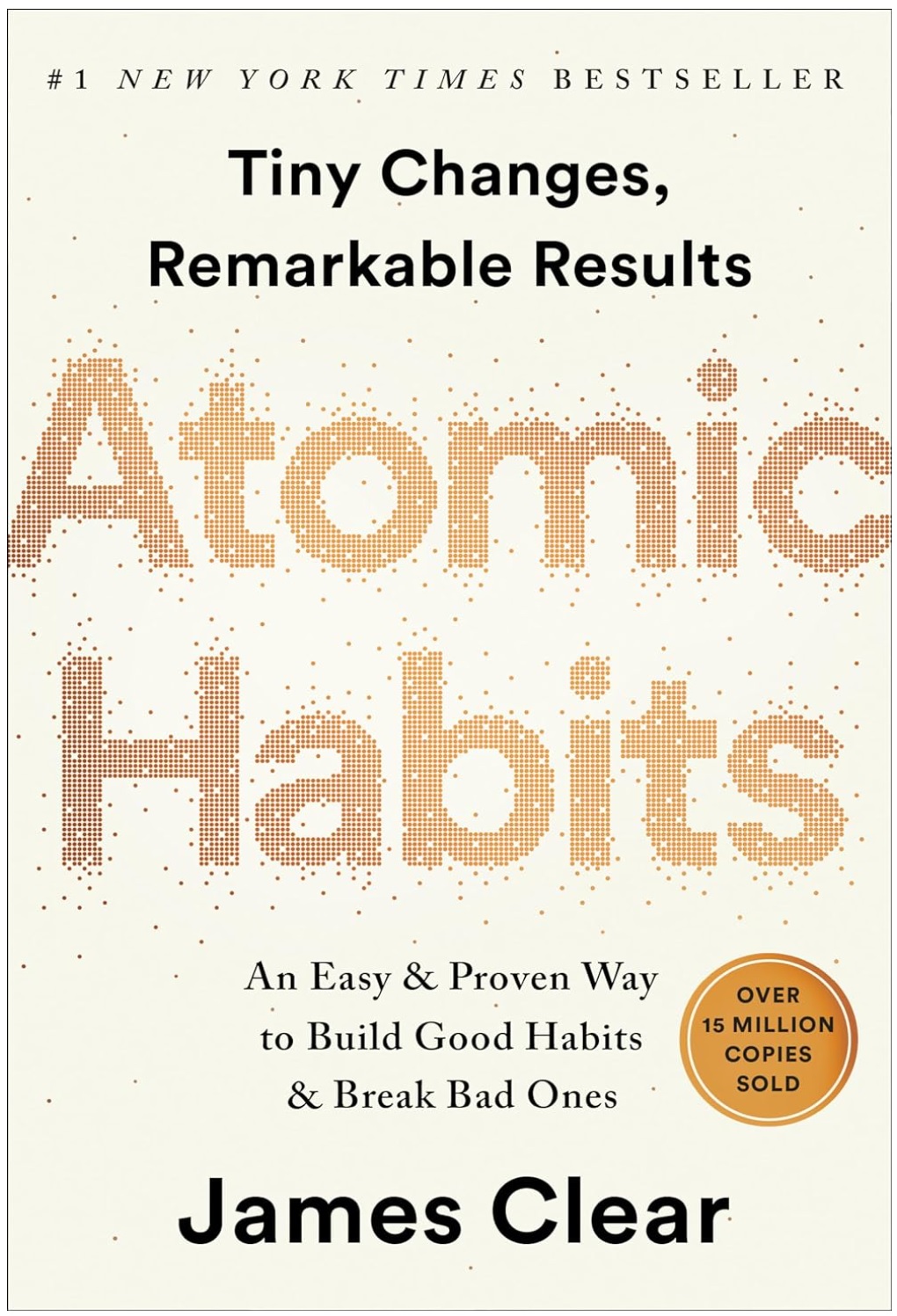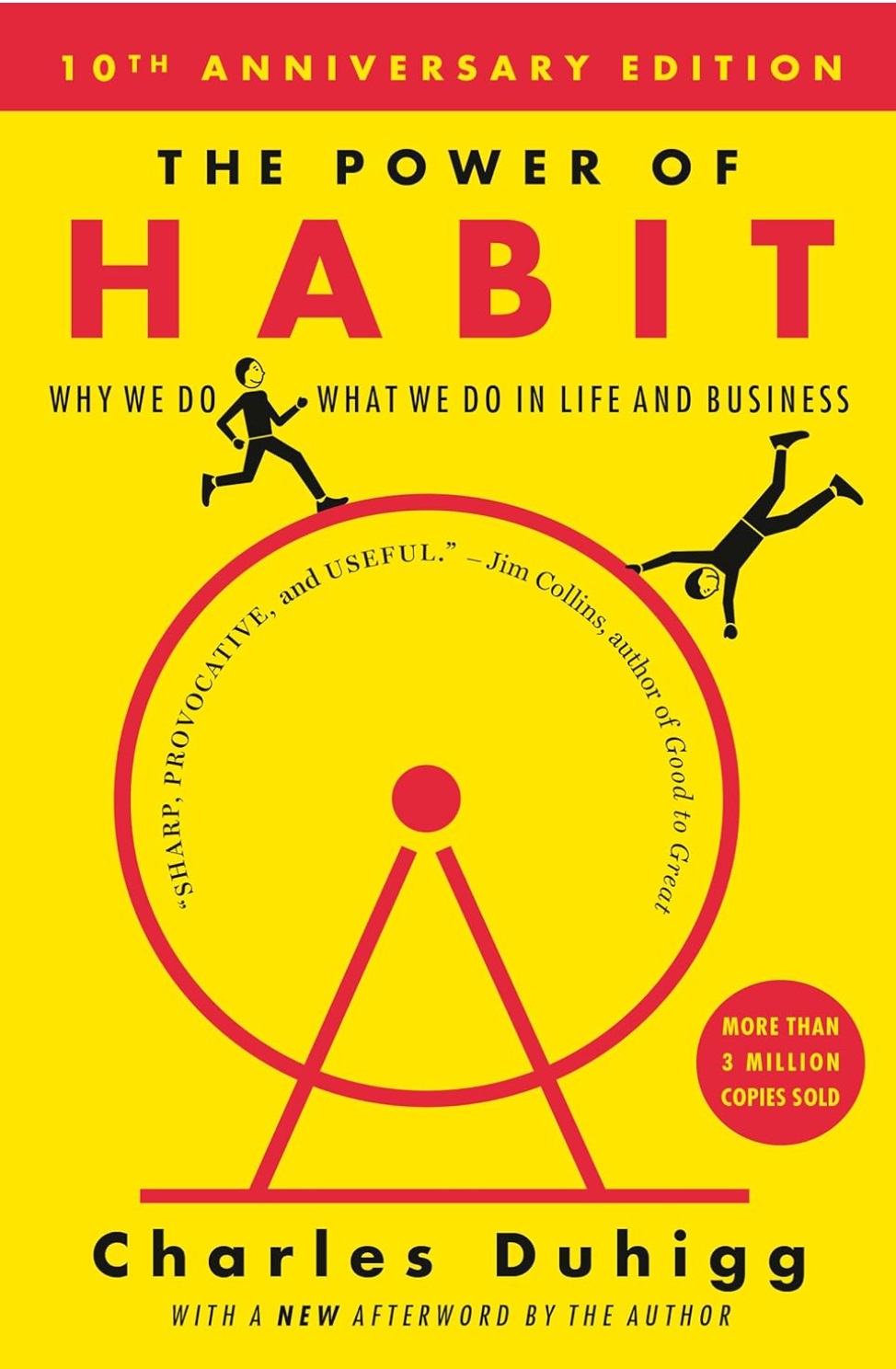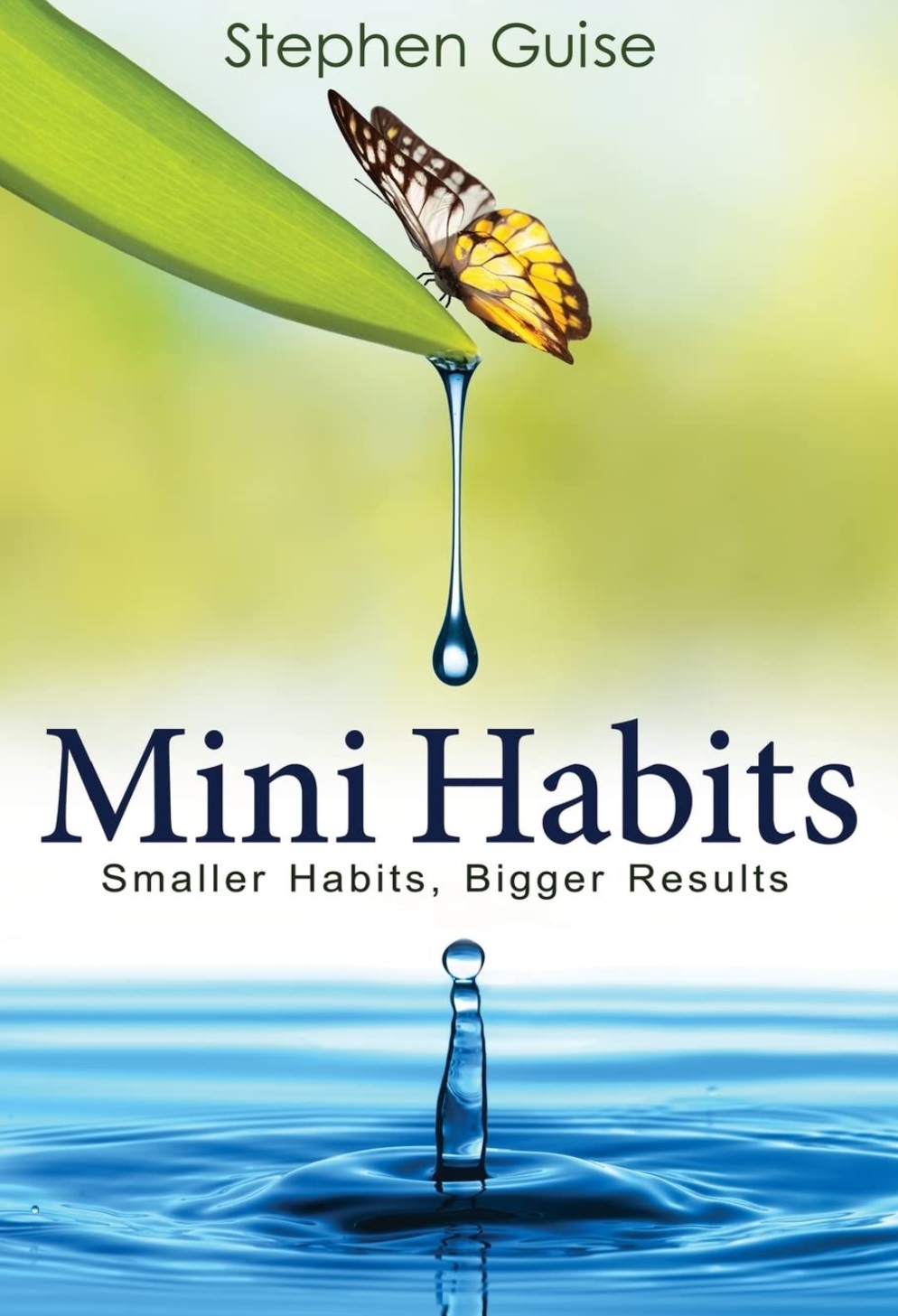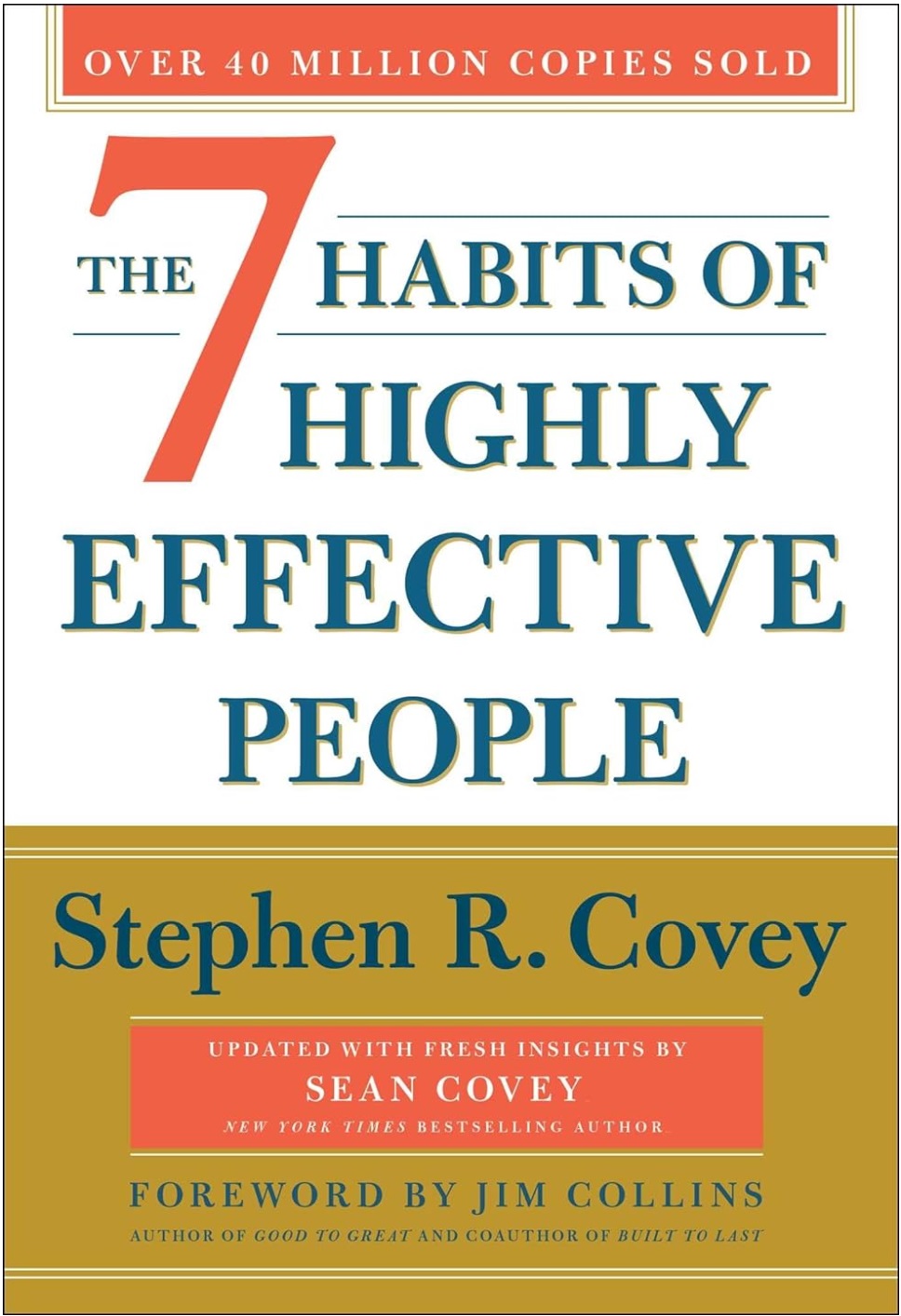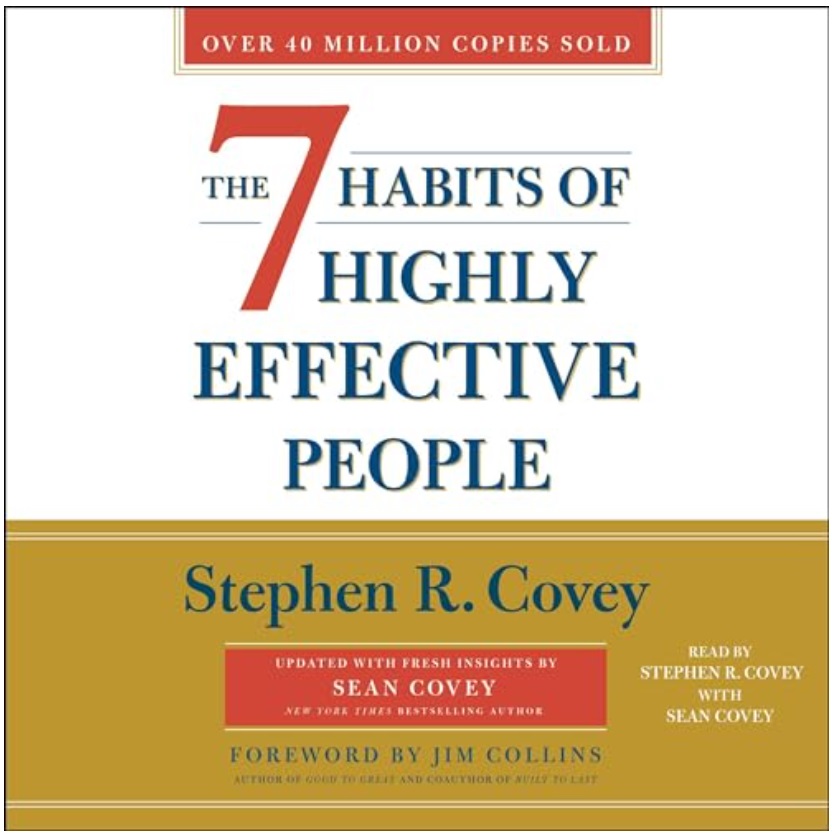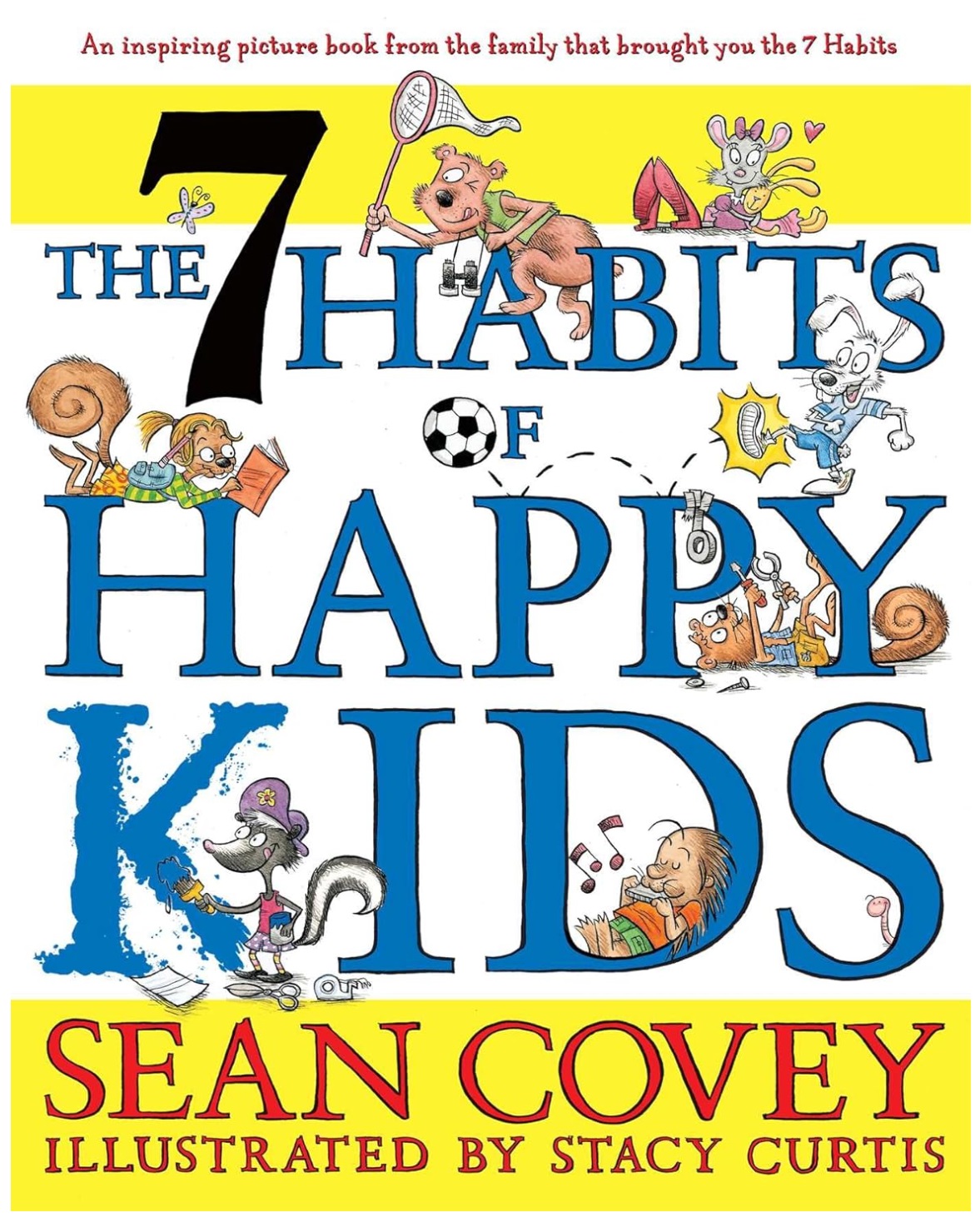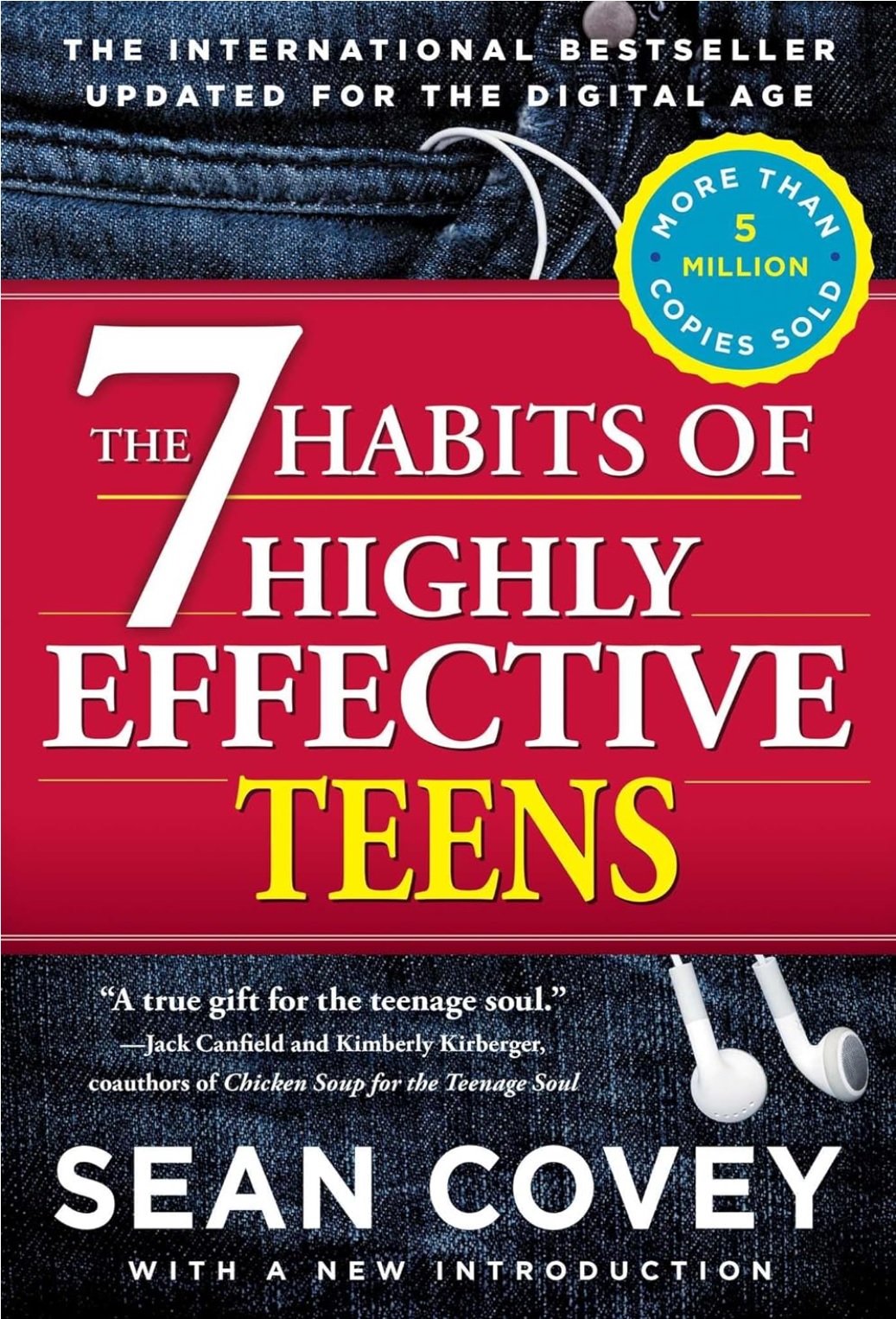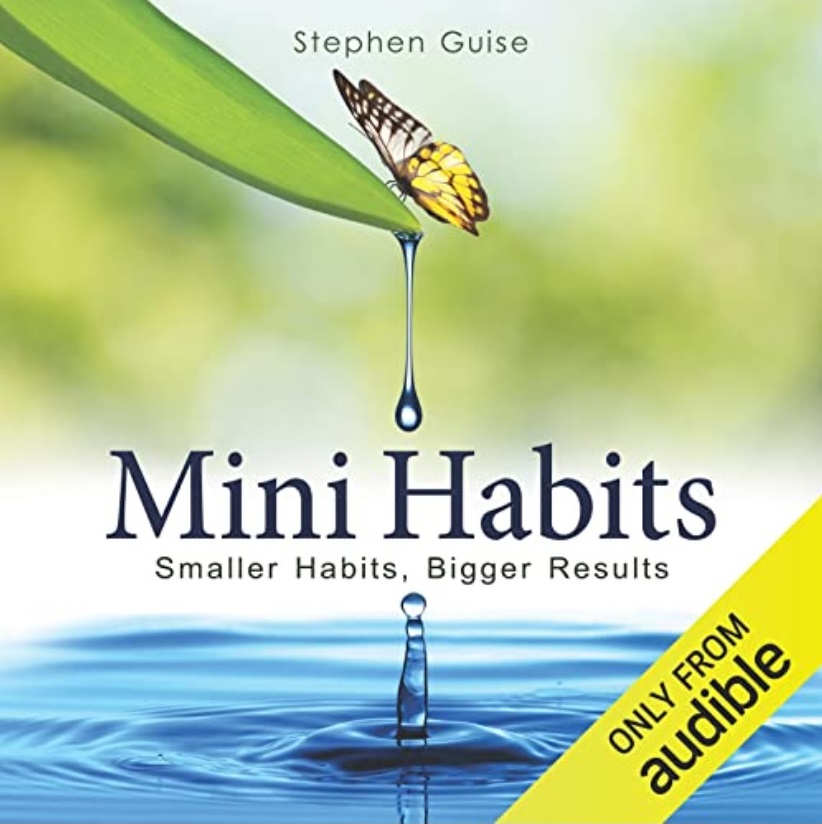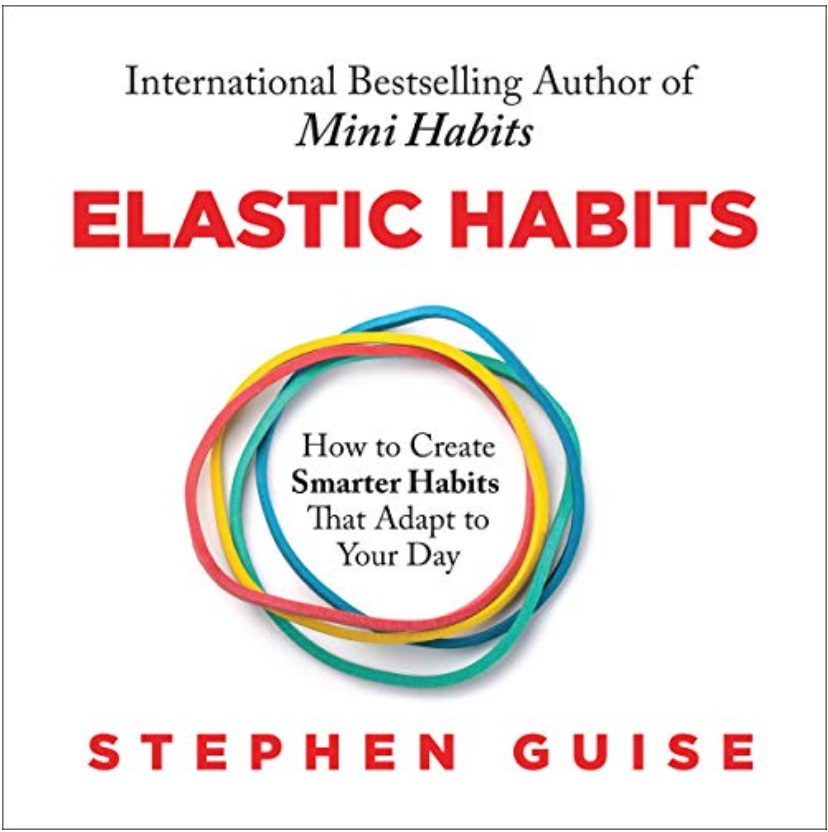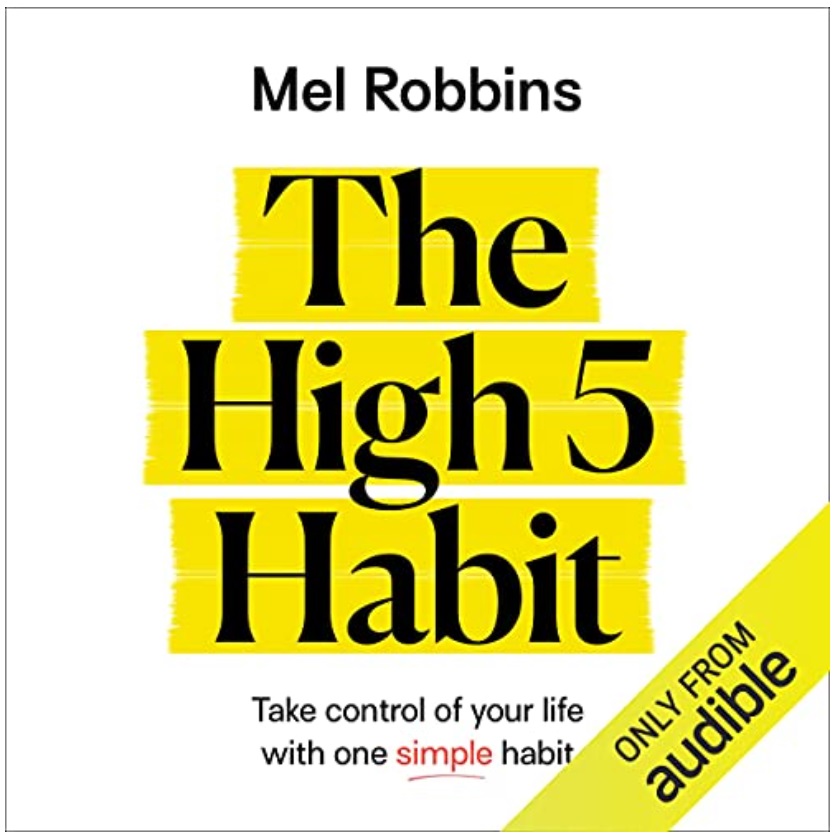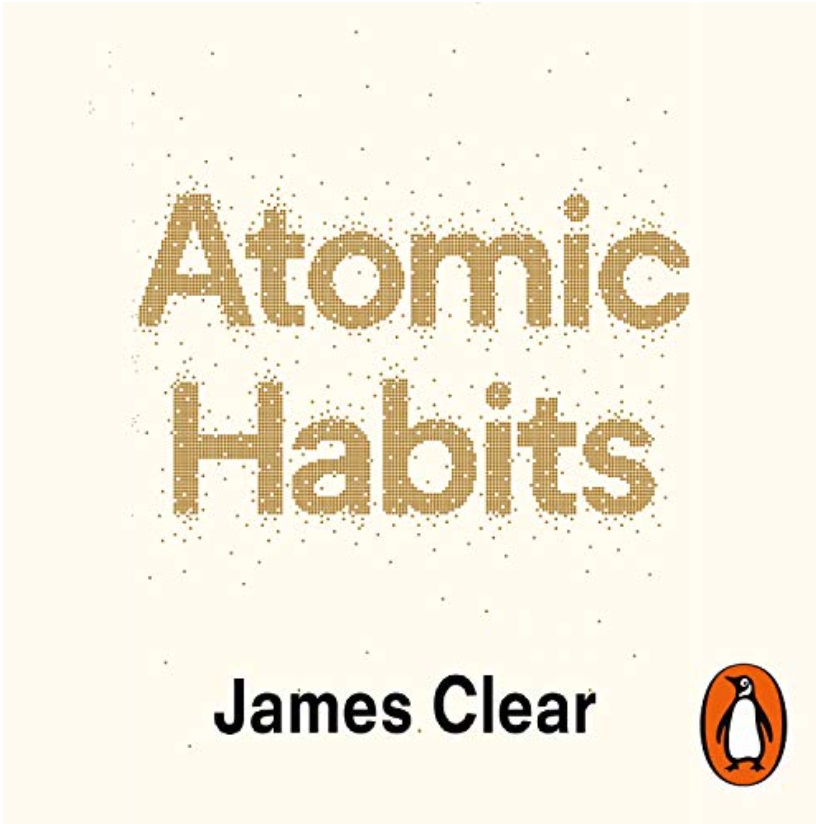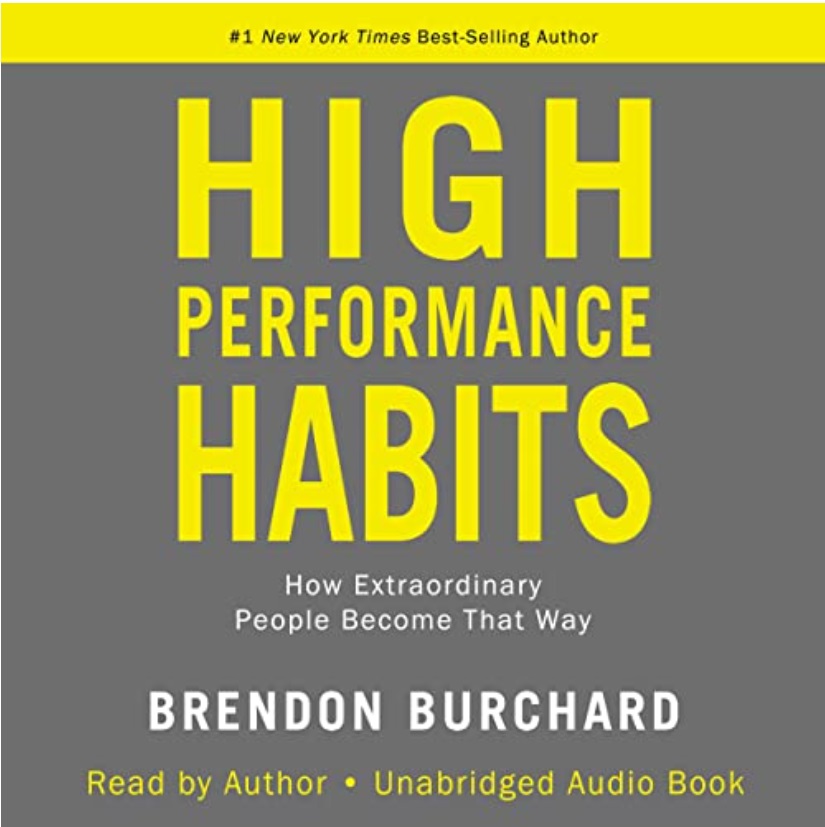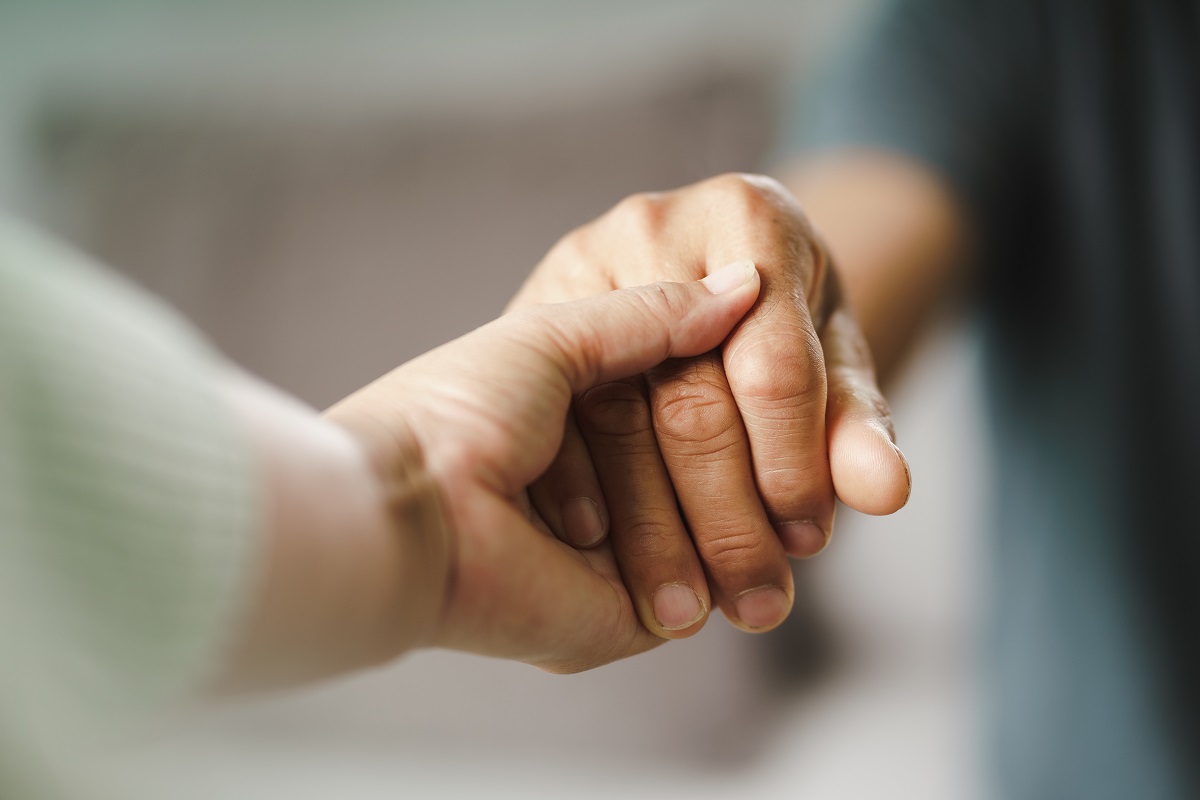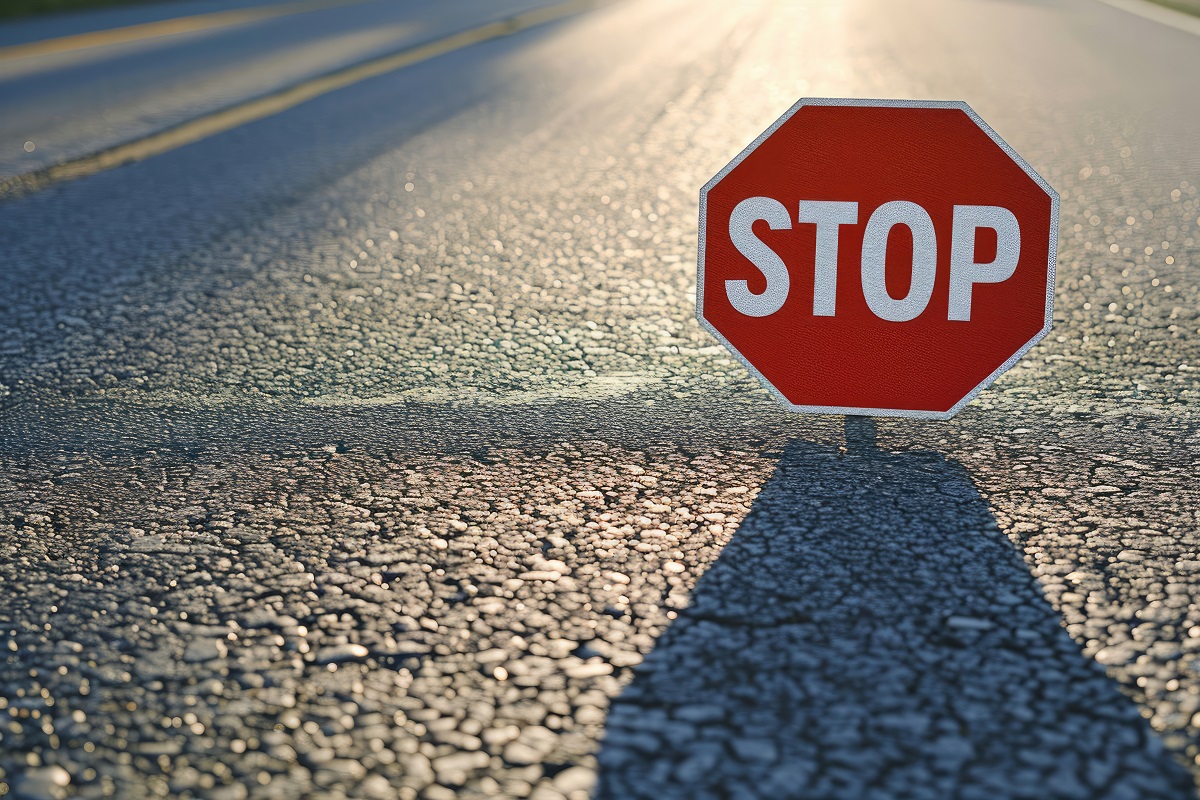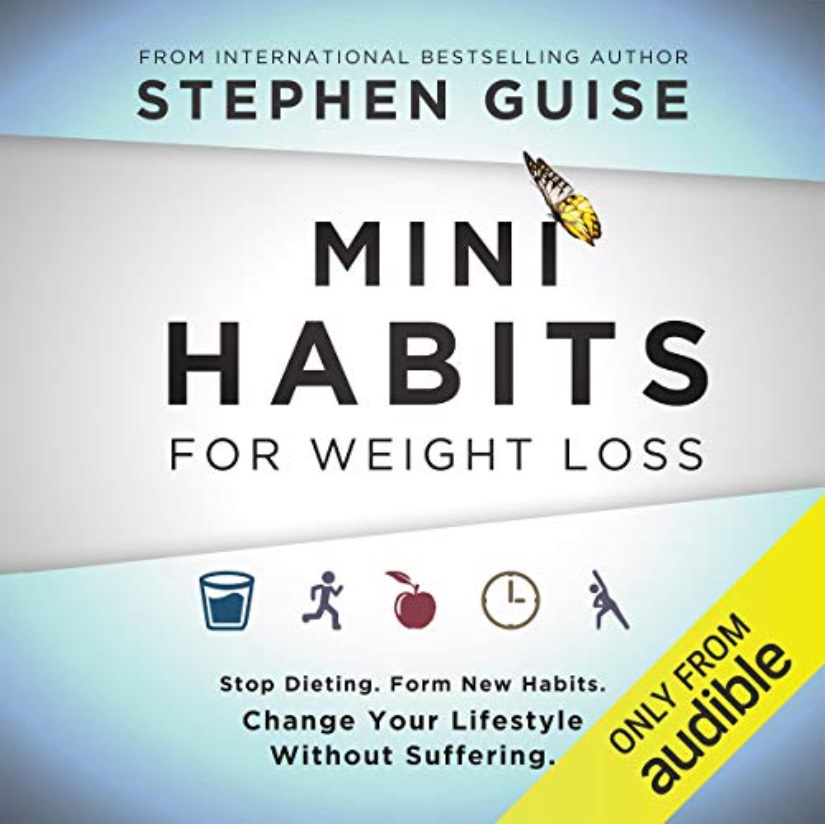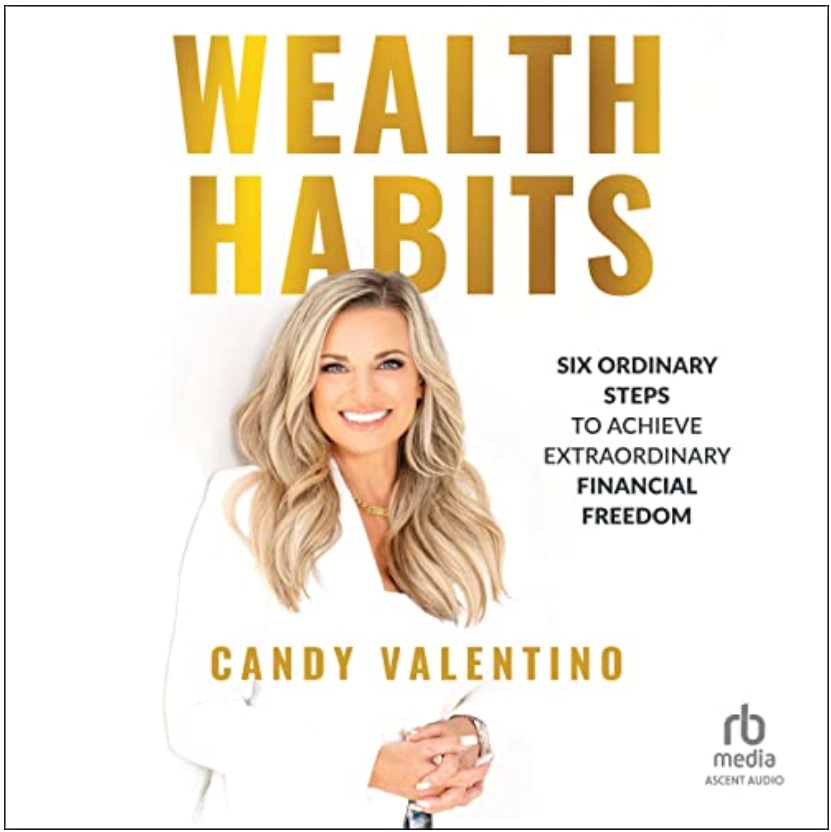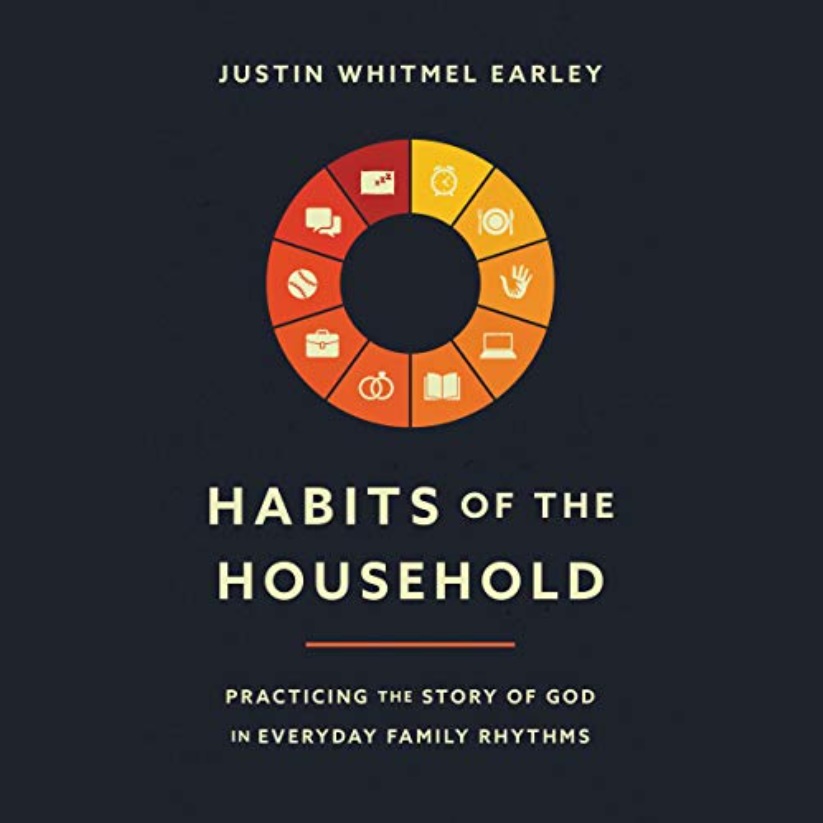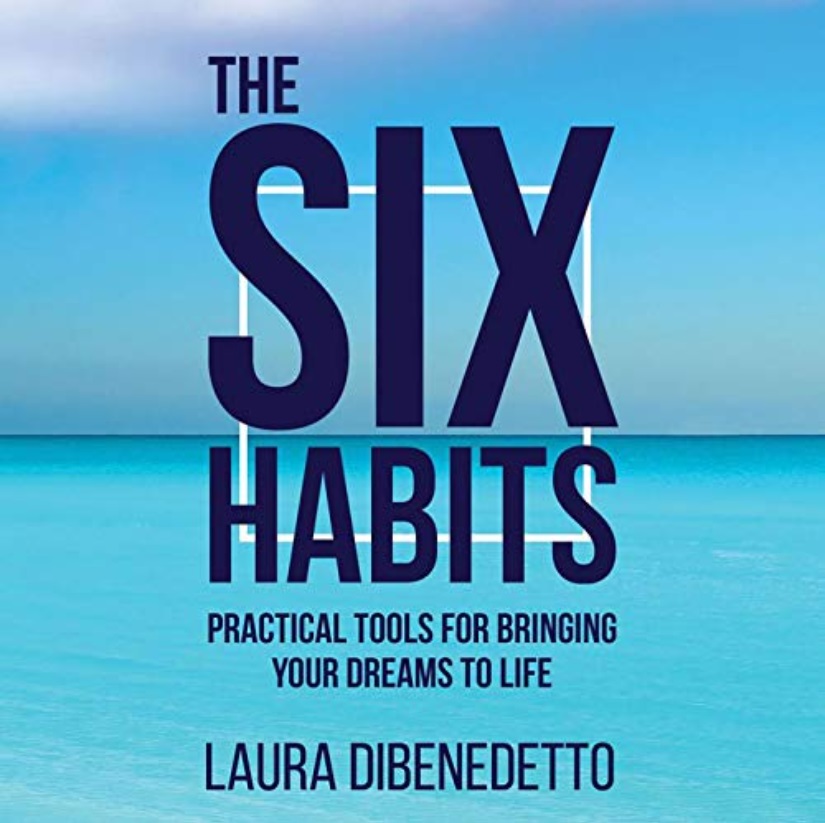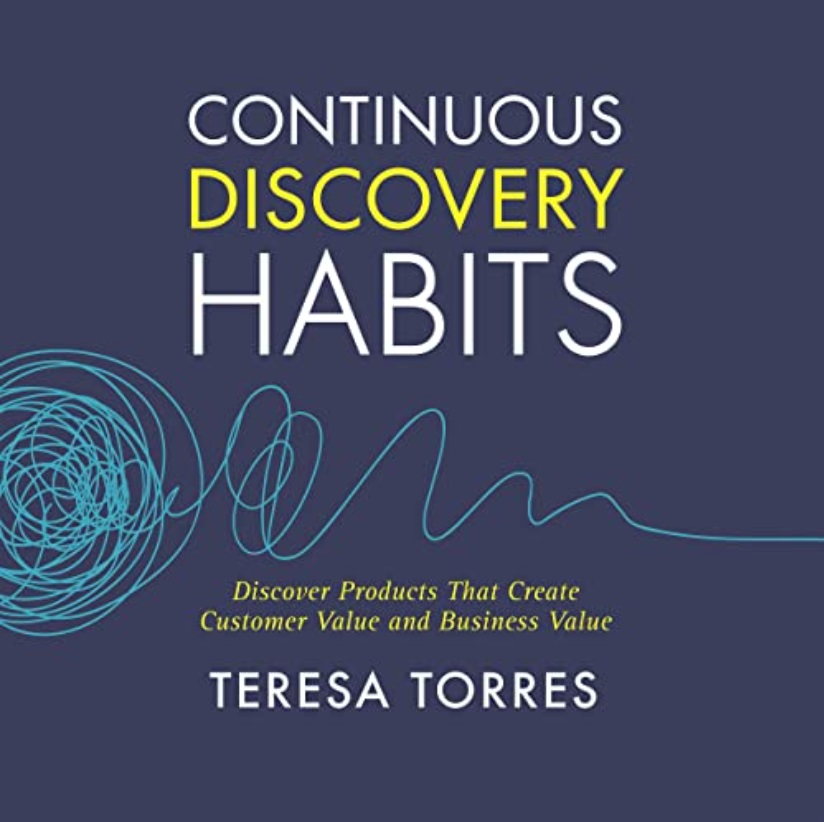- KEY POINTS
- Mistakes are opportunities for growth when approached with self-compassion.
- Regular reflection helps turn mistakes into valuable lessons.
- Curiosity allows you to learn from errors and discover new insights.
Mistakes are often viewed as failures, but I’ve found that they can be some of life’s greatest teachers. The problem is, many of us try to avoid mistakes at all costs. I used to do this too – replaying blunders in my head or feeling frustrated when things didn’t go as planned. But over time, I realized that avoiding mistakes doesn’t help me grow. What changed everything for me was learning how to approach my mistakes with curiosity and compassion.
The good news is that by developing a few simple habits, we can transform the way we experience setbacks. Instead of fearing failure, we can create a system to learn from it and move forward with greater confidence. In this post, I’ll share practical habits that help me (and can help you) reflect, grow, and ultimately turn mistakes into stepping stones for success.
Table of Contents
ToggleShift from Blame to Curiosity
One of the first habits I developed was asking “what can I learn from this?” instead of “why did this happen to me?” I used to blame myself or external circumstances for errors, but this mindset only left me stuck. Curiosity, on the other hand, allows room for reflection without judgment.
Practice Self-Compassion
When I make a mistake, I remind myself that I’m human – and humans are designed to be imperfect. I use gentle affirmations like “It’s okay to make mistakes” or “This is part of the process.” It might feel awkward at first, but practicing self-compassion reduces the negative emotional response tied to failure.
Reflective Question: When was the last time you forgave yourself for a mistake?
Ask Better Questions
I also make a habit of asking constructive questions after something goes wrong. Instead of dwelling on what I could have done better, I ask:
- What part of this was within my control?
- How can I approach this differently next time?
- What did I gain from this experience that I didn’t see before?
Even small shifts in questioning help me extract valuable insights from mistakes.
Reflective Action: The next time something doesn’t go as planned, write down three things you learned from the experience.
Build a Reflection Routine
One habit that has transformed how I learn from mistakes is regularly reflecting on my day. Every evening, I take five to ten minutes to review what went well and what didn’t. I don’t do this to criticize myself – it’s a way to acknowledge areas for growth and celebrate progress.
Journal About Lessons Learned
Writing has become a crucial part of my reflection process. I keep a “Lessons Learned” journal where I document things I’ve discovered through trial and error. This habit gives me a clear record of my growth, and when I reread entries, I often realize how far I’ve come.
I remember a time when I misjudged the timing of a big project, which led to last-minute stress. Writing about what went wrong (and how I could manage time better) helped me avoid similar situations later.
Reflective Action: Start a “Lessons Learned” journal and write a short entry after a significant mistake.
Schedule Weekly Reviews
Beyond daily reflection, I also schedule a 20-minute review at the end of each week. This gives me the chance to identify recurring patterns and notice if I’m making the same mistakes repeatedly. Consistency is key – the more I engage in this habit, the more self-aware I become.
Reflective Question: What small change could you make this week to avoid a past mistake?
Reframe Mistakes as Opportunities for Growth
Another habit that shifted my perspective was learning to view mistakes as growth opportunities. I used to see them as roadblocks, but now I treat them as valuable feedback. Each mistake reveals something I didn’t know before, and when I approach it with that mindset, I feel empowered rather than discouraged.
Celebrate Small Wins from Failures
One thing I do regularly is celebrate the lessons I learn from setbacks. If I stumble during a project or miss a goal, I find at least one positive takeaway. Maybe I discovered a more efficient method, or perhaps I gained new insight into my work process. Acknowledging these small wins reinforces the idea that every mistake serves a purpose.
For example, I once mishandled a conversation with a client. Initially, I felt embarrassed, but afterward, I realized it taught me the importance of listening more carefully. That small insight changed the way I communicate with clients moving forward.
Reflective Action: Write down a recent mistake and list one thing you gained from it.
Turn Setbacks into Experiments
Sometimes, I treat mistakes as experiments. If I try a new approach and it doesn’t work, I frame it as data collection rather than failure. This reduces the emotional weight of making mistakes and encourages me to stay curious. Over time, this habit builds resilience and lowers the fear of failure.
Reflective Question: How can you turn your next challenge into an experiment rather than a pass/fail situation?
Embrace Feedback Without Defensiveness
Early in my career, I struggled to accept feedback – especially when it highlighted areas I thought I was good at. I’d immediately become defensive, thinking the feedback threatened my competence. Over the years, I’ve learned that feedback is one of the most valuable tools for personal growth, but it requires the right mindset.
Separate Feedback from Self-Worth
Now, I make it a habit to separate feedback from my self-worth. When I receive criticism, I remind myself it’s about my actions, not my identity. This shift helps me stay open to learning without feeling attacked.
I remember receiving constructive feedback from a mentor about my writing style. Initially, I felt disheartened, but once I embraced the advice, my writing improved dramatically.
Reflective Action: The next time you receive feedback, pause and ask yourself: Is this about my actions or who I am as a person?
Seek Feedback Regularly
Instead of waiting for feedback, I actively seek it. By asking colleagues, friends, or mentors for their perspective, I normalize the process and make it less intimidating. This habit helps me catch blind spots and refine my skills faster.
Reflective Question: Who can you ask for feedback this week, and what area would you like their perspective on?
Practice Letting Go of Perfectionism
Perfectionism was one of my biggest obstacles to learning from mistakes. I’d avoid taking risks or procrastinate because I feared things wouldn’t turn out perfectly. Letting go of this mindset has been one of the most transformative habits I’ve developed.
Focus on Progress Over Perfection
I remind myself that progress matters more than perfection. By focusing on continuous improvement rather than flawless results, I allow myself to learn and grow without unrealistic expectations. This small mental shift reduces anxiety and boosts my motivation.
Reflective Action: Set a goal to complete one task this week, even if it’s not perfect.
Adopt a “Good Enough” Mindset
Sometimes, I challenge myself to stop at “good enough.” For tasks that don’t require perfection, I intentionally finish at 80% and move on. This habit frees up time and prevents overthinking.
Reflective Question: What is one area of your life where you can embrace “good enough” instead of perfect?
Develop Self-Compassion When Facing Mistakes
One of the most powerful habits I’ve adopted is practicing self-compassion when I make mistakes. In the past, I’d criticize myself harshly, replaying the error over and over in my mind. But over time, I realized that being kinder to myself not only eased my anxiety but also helped me recover faster and learn more effectively.
Talk to Yourself Like a Friend
Now, whenever I stumble, I ask myself: How would I talk to a close friend in this situation? This simple habit shifts my inner dialogue from harsh judgment to encouragement. If a friend made the same mistake, I’d remind them that everyone makes errors and that it’s part of growth. I deserve that same kindness.
Reflective Action: The next time you make a mistake, write down the words you’d offer to a friend. Then read them aloud to yourself.
Create a Self-Compassion Ritual
Whenever I feel overwhelmed by a mistake, I step away for a brief self-compassion break. I might take a short walk, make tea, or meditate for five minutes. These small rituals serve as reminders to treat myself gently and move forward with grace.
Reflective Question: What small act of kindness can you offer yourself after making a mistake?
Build Reflection Time into Your Routine
Making time for reflection has been crucial for learning from my experiences. Without it, I found myself repeating the same mistakes without understanding why. By setting aside regular time to reflect, I’ve gained deeper insights into my behavior and patterns.
Journal About Lessons Learned
One of the habits I practice is journaling about mistakes and the lessons they bring. At the end of each week, I write down a situation that challenged me, how I handled it, and what I’d do differently next time. This habit keeps me grounded and helps me track growth over time.
For example, after a difficult week at work, I journaled about a project I mismanaged. Writing about the experience allowed me to pinpoint where I went wrong and how I could improve my planning for the future.
Reflective Action: Dedicate 10 minutes at the end of each week to journal about a recent challenge and the lessons you’ve learned.
Use Reflection Prompts
Sometimes, I find it helpful to use reflection prompts to guide my thoughts. Questions like “What is one thing I could have done differently today?” or “How did this mistake help me grow?” spark deeper insights.
Reflective Question: What reflection prompt can you ask yourself at the end of each day?
Cultivate Curiosity in Difficult Situations
A habit that’s reshaped my relationship with mistakes is approaching them with curiosity instead of frustration. I’ve learned to ask why rather than feel defeated, turning each mistake into a learning opportunity.
Ask “What Can I Learn?”
When something doesn’t go as planned, I take a deep breath and ask: What can this teach me? This small habit prevents me from spiraling into negative thinking and redirects my focus toward growth.
Reflective Action: When faced with a challenge, pause and ask yourself: What is one thing I can learn from this moment?
Embrace the Unknown
Curiosity also helps me embrace uncertainty. By staying open to unexpected outcomes, I reduce the fear of failure and gain the confidence to try new things.
Reflective Question: How can you approach the unknown with more curiosity and less fear?
Final Thoughts
Learning from mistakes isn’t about avoiding failure but developing habits that help us grow through it. By practicing self-compassion, reflecting regularly, and staying curious, we transform mistakes into stepping stones for personal growth. These simple habits have changed the way I approach setbacks, making each one feel like an opportunity rather than an obstacle.
I encourage you to start small. Choose one habit from this list and integrate it into your daily life. The next time you face a mistake, remember it’s not a reflection of your worth – it’s a chance to learn, improve, and become even stronger.





